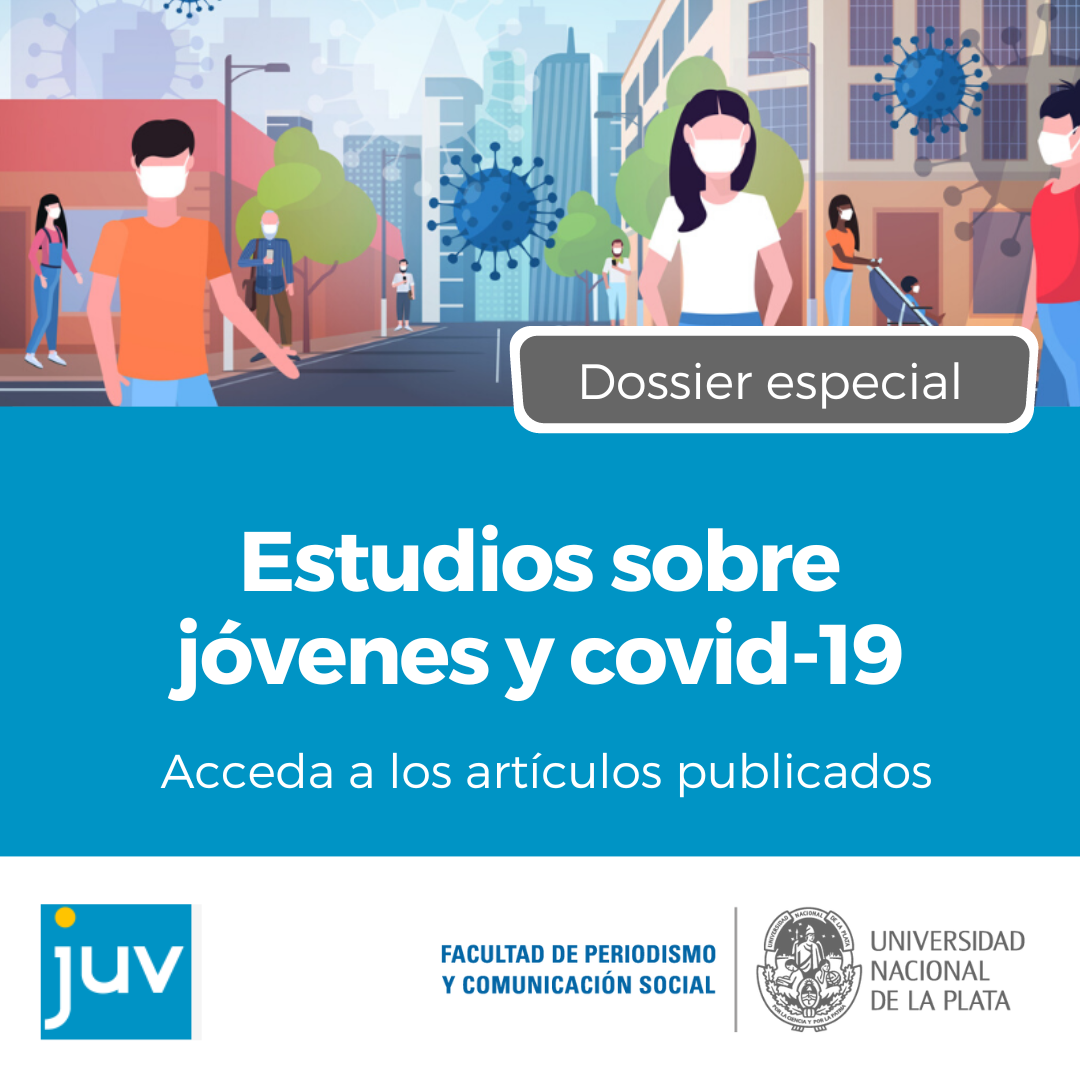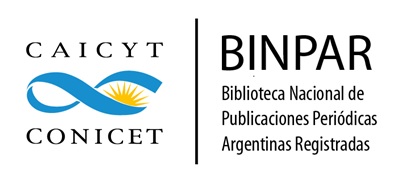Struggles against inequality: the march of baseball experience as riocuartenses youth involvement
Keywords:
Youth popular sectors - March of Cap - Arrest - Young People – Code of Offences - Police ViolenceAbstract
Latin America is known for its great social abyss. However, in recent years the high levels of inequality were offset by the construction of more just and inclusive societies. However, youth continually struggle with a system that excluded, criminalized and hostile and authoritarian. Address their experiences of exclusion generate options and alternatives. In this article we will address the March of Cap understood as an act of resistance that embody and activate young people through various forms of participation. In order to describe the process of organizing the March of the Cap, in Rio Cuarto (Cordoba, Argentina) in 2014, and rebuild the senses that experience staying, briefly it addresses security policy Cordoba from Code Fouls and its preferred targets: young people from poor sectors. Ethnography is the gateway to the deployment of the process of organizing the march and the day of mobilization. The voices of the actors, the main resource is incorporated to account for the views about this situation-event. Finally, some thoughts, subject to a logic process, not finished are presented.Downloads
Metrics
Downloads
Published
How to Cite
Issue
Section
License
The acceptance of an original by the journal implies the non-exclusive transfer of the patrimonial rights of the authors in favor of the publisher, who allows the reuse, after its edition (postprint), under a Creative Commons License Attribution-NonCommercial-ShareAlike 4.0 International.
According to these terms, the material can be shared (copy and redistribute in any medium or format) and adapted (remix, transform and create another work from the material), provided that a) the authorship and the original source of their publication (magazine and URL of the work) are cited, b) is not used for commercial purposes and c) the same terms of the license are maintained.
The assignment of non-exclusive rights implies that after postprint in Revista Argentina de Estudios de Juventud authors may publish their work in any language, media and format; in that case, it is requested that they signal that the material was originally published by this journal.
Assignment also entails the authors’ authorization for the work to be collected by SEDICI, the institutional repository of the Universidad Nacional de La Plata, and for it to be indexed in the databases that the publisher thinks appropriate for enhancing the visibility of the published work and its authors.
In addition, the journal encourages authors to submit their works to other institutional and thematic repositories after their publication in Revista Argentina de Estudios de Juventud, under the assumption that offering society unrestricted access to scientific and academic production contributes to a greater exchange in global knowledge.













.png)

























